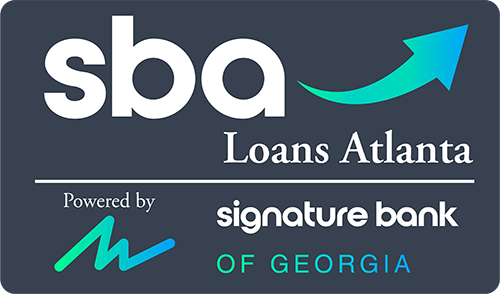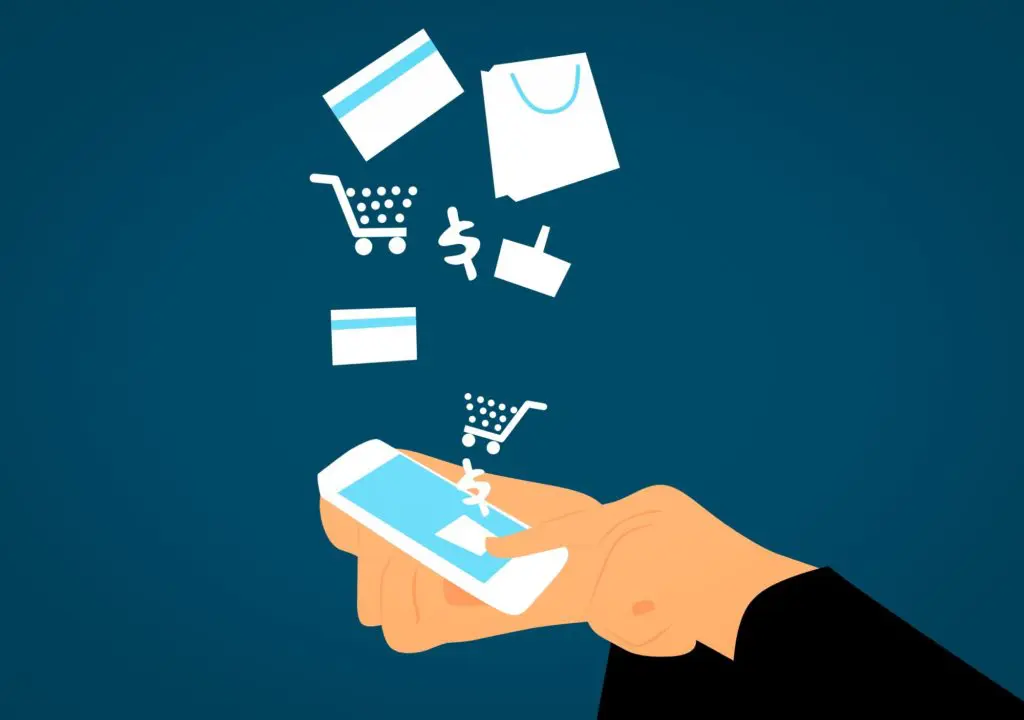Over 22% of baby boomers feel distrust towards e-banking. Yet almost one-third of millennials and Gen X have a bank account with an online-only bank.
So why are baby boomers so concerned about online banking?
Well, even though e-banking is becoming incredibly popular, it does still come with a set of risks and potential attacks from hackers and scammers.
But there is no need to fear any longer. Arming yourself with some vital e-banking safety tips can help you avoid any potential cyber-attacks.
Here are 7 of the best online business banking safety tips you should know.
1. Use a Strong Password and Change Regularly
The most important thing you need to do to ensure safer e-banking is to use a strong password for your online banking accounts. Spend some time making sure your password isn’t predictable, like your date of birth or name.
To make a strong password, focus on using both letters, numeric characters, and special characters. Also, avoid using the same password for all your online accounts. This will make you more susceptible to hacking.
And change your e-banking password regularly, every couple of weeks or months will do. This will keep your password unpredictable to hackers.
2. Use Two-Factor Authentication
You may have seen two-factor authentication becoming more popular on certain sites. This is because it adds an extra layer of security to your account in case anyone obtains your password.
Essentially, if a hacker or scammer gets hold of your password and attempts to log in to your account, you will receive a notification on your phone to verify the log-in attempt. If this wasn’t made by you, notify the bank.
3. Don’t Use Any Public WiFi or Cyber Cafe
Connecting to public wifi to access your online bank, is one of the most-used methods for hackers to access your accounts. This rule applies to cyber cafes as well.
Hackers and scammers install key loggers to watch what login credentials you use while logging into your e-banking account. In seconds, a hacker can have access to all of your private details and start spending your money.
The minute you notice a change in your bank account balance, you must let the authorities and bank know immediately so they can freeze the account and track down your money fast.
4. Keep an Eye on Your E-Banking Statements
Hackers and scammers can attack you at any time. That’s why it’s important to always keep an eye out for both your bank balance and your statements. E-banking makes this incredibly easy to do.
You see, hackers won’t spend large amounts of money from your account. Instead, they will spend little amounts, over a longer period of time as to not alert you to their presence.
Keeping a regular and keen eye on your statement will ensure you will not get victimized by any scammers. And if you notice any money leaving your account that you do not recognize, immediately contact your bank.
5. Use a Professional Anti-Virus Software
Although anti-virus software gets its fair share of a bad reputation, they are not all bad. In fact, a paid, professional-grade anti-virus can recognize hacking tools, bugs, or malware that may potentially attack your security.
They will scan all of your incoming emails, as well as downloads and files on your computers, and can even secure the network connection when logging on to your e-banking account.
6. Never Share Login Credentials
It goes without saying, however, never share your e-banking login details with anyone. This is one of the biggest mistakes you can make when opening an account.
Even giving your details to people in your family, or putting them in the notes section of your phone can potentially expose you to a hacker’s attack.
There are lots of anti-virus software available online, just be sure to do your research and check to see if it has a good reputation with lots of happy customers.
7. If You’re Worried About a Link, Don’t Click It!
One of the most common ways scammers try to trap you is by placing links in an email. When you click these links and log in to your banking, they get access to all your information. These are called phishing links.
This is when they will drain your account of your money, slowly over the next few months so you are not alerted. It’s a very common scam, and it happens to thousands of people every year.
The only solution to this is to avoid clicking on any links that you deem suspicious. If you are worried about any links in an email, do not click them!
These scam artists are very cunning though, and will often send you emails that look like government emails, or even emails from one of your services providers, like your power company.
It’s those types of emails you need to watch for the most. Every time you receive an email from what looks like a service provider, always check the sender’s email address. It will almost always not be a legitimate email.
If you believe it is a scammer at work, notify the company they are trying to emulate so they can alert their customers to watch out for the same scam!
Want to Know More About How to Keep Your E-Banking Account Safe?
If you are worried about being a victim to a hacker or scammer, you are not alone. This fear prevents a lot of people from joining the e-Banking world.
If you want your banking to become more convenient and easier, you need to push past that fear. There is no better time to open an e-banking account than with a trusted financial partner.
If you are a resident of the Atlanta area, reach out to the Signature Bank of Georgia. They are e-banking experts that can provide an online bank account that fits your financial requirements.
Get started today by opening your own e-banking account.


